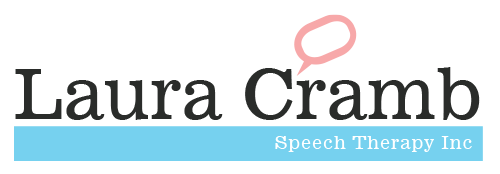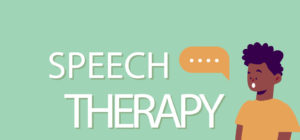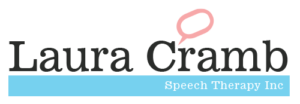How Speech Therapy Supports Recovery After Stroke or Brain Injury
When a stroke or traumatic brain injury (TBI) occurs, the effects often ripple far beyond the physical body. Many adults find themselves suddenly grappling with communication difficulties, memory challenges, and a deep sense of frustration at no longer being able to express themselves as clearly or confidently as before.
At the heart of recovery lies a fundamental human need: the ability to connect with others, to read and write, to think clearly, and to be understood. That’s where targeted speech, language, and cognitive therapy comes in.
Understanding the Impact
For many adults, the aftermath of a stroke or brain injury can include:
- Difficulty speaking clearly or finding the right words (aphasia)
- Trouble reading or writing
- Impaired memory, attention, or problem-solving skills
- Changes in social communication or understanding tone and nuance
- Challenges processing or retaining new information
These aren’t just “communication issues”—they can deeply affect independence, relationships, and quality of life.
How Therapy Can Help
Working with a qualified speech and language therapist, such as us Laura Cramb Speech Therapy, means gaining a partner in recovery who understands the complexities of post-stroke and TBI rehabilitation.
Laura provides tailored therapy to address:
- Speech clarity and fluency – Helping clients articulate words, build confidence, and strengthen their voice.
- Reading and writing support – From recognising letters to constructing full texts, therapy can re-establish critical literacy skills.
- Cognitive-linguistic rehabilitation – Exercises and strategies to support attention, memory, organisation, and reasoning.
- Pragmatic (social) language skills – Navigating conversations, interpreting social cues, and building meaningful connections again.
Each programme is uniquely designed around the individual’s goals, whether that’s returning to work, reconnecting with family, or simply being able to read a book or write a message.
Why Early and Ongoing Support Matters
Rehabilitation isn’t linear, and recovery takes time. Early intervention often leads to better outcomes, but continued support can make all the difference, even years post-injury. Progress may be slow, but every regained word, memory, or task is a step forward.
A Person-Centred, Holistic Approach
Our work is deeply person-centred, recognising the emotional toll of communication difficulties as much as the practical challenges. Therapy may also involve family members and caregivers to ensure consistent support in daily life.
Whether you or a loved one are adjusting to life after a stroke or brain injury, know that you’re not alone and that recovery is possible. With the right therapy, guidance, and encouragement, many people rediscover their voice, rebuild their thinking skills, and reclaim a sense of independence.
If you’re looking for expert, compassionate support in your recovery journey, we are here to help.




